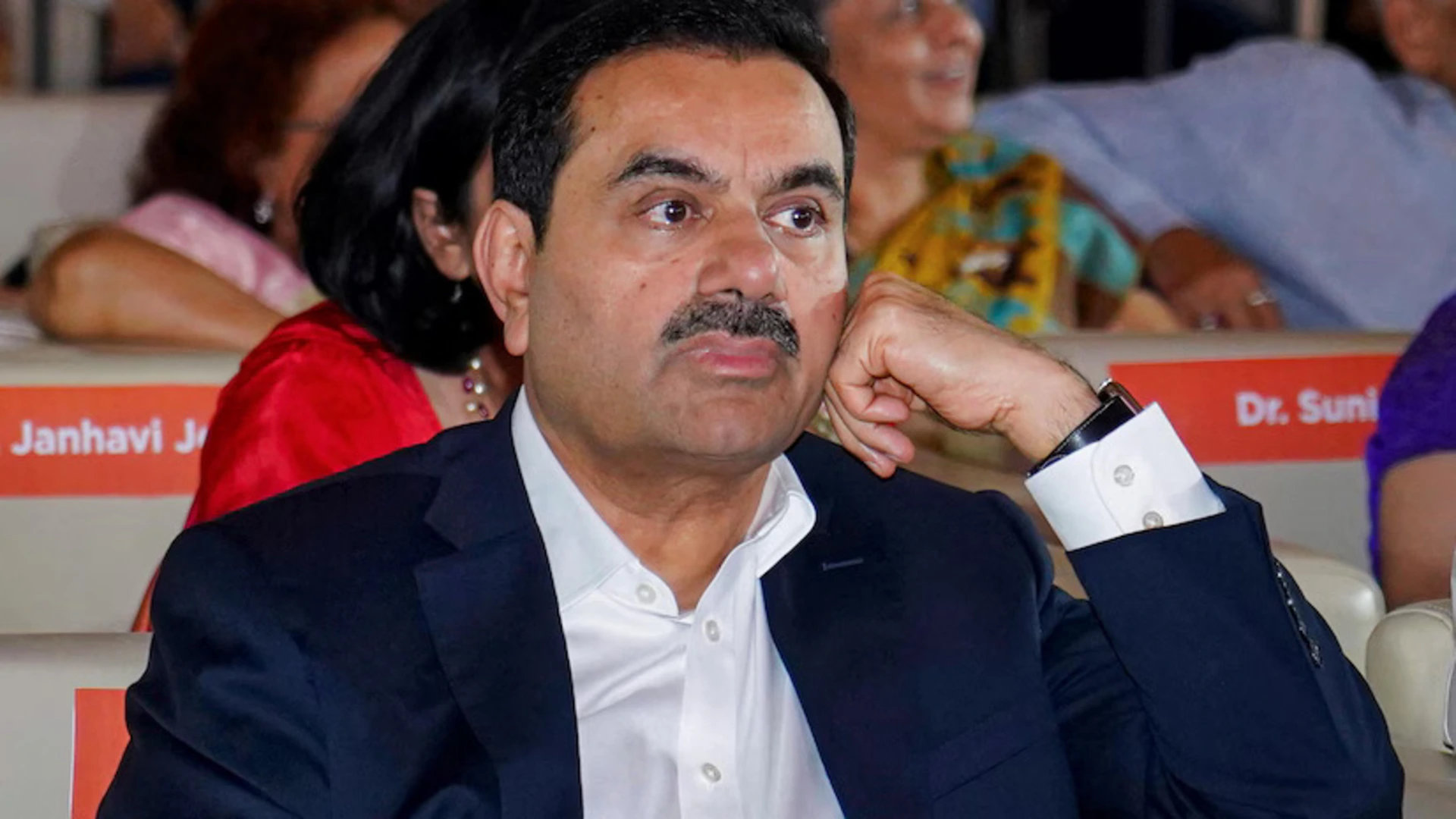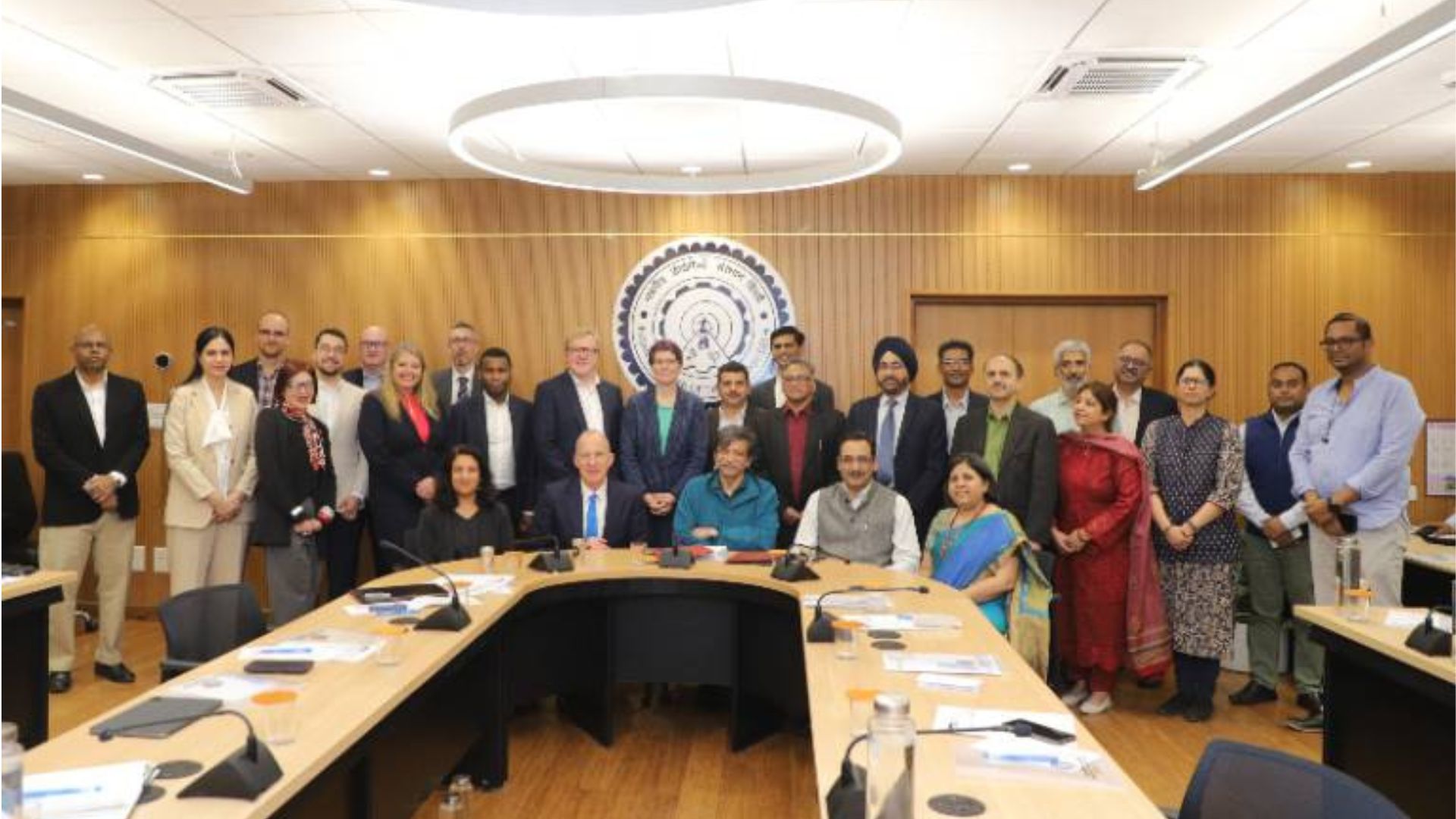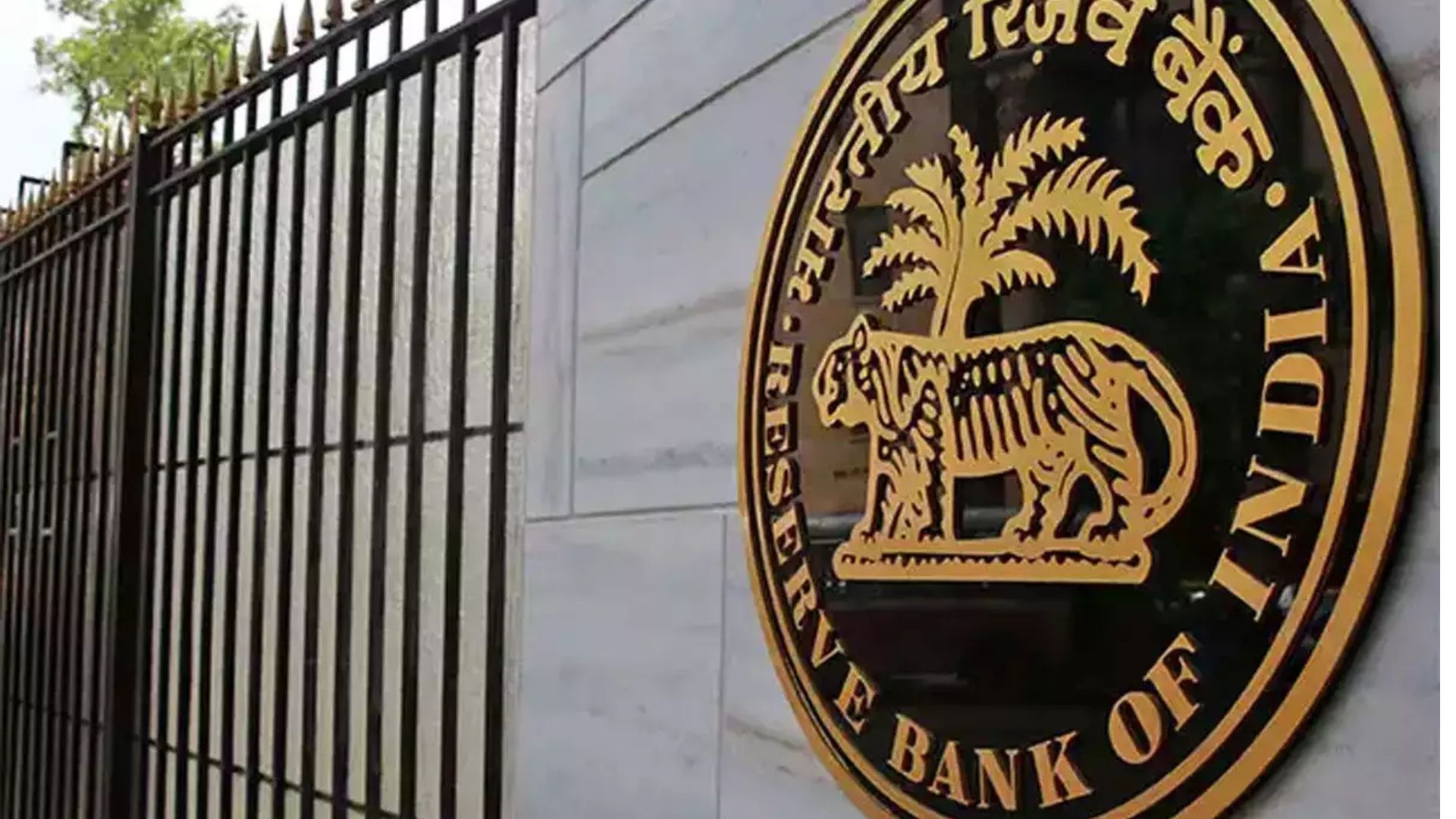
While upholding the right of a woman to reside in a ‘shared household’ even if she has not actually lived there, the Supreme Court as recently as on May 12, 2022 in a learned, laudable, landmark and latest judgment titled Prabha Tyagi vs Kamlesh Devi in Criminal Appeal No. 511 of 2022 in exercise of its criminal appellate jurisdiction held that a victim of domestic violence can enforce her right to reside in a shared household, irrespective of whether she actually lived in the shared household. The Bench of Apex Court comprising of Justice MR Shah and Justice BV Nagarathna held in no uncertain terms that, “Even if an aggrieved person is not in a domestic relationship with the respondent in a shared household at the time of filing of an application under Section 12 of the D.V. Act but has at any point of time lived so or had the right to live and has been subjected to domestic violence or is later subjected to domestic violence on account of the domestic relationship, is entitled to file an application under Section 12 of the DV Act. Very rightly so!
To start with, this learned judgment authored by Justice BV Nagarathna for a Bench of Apex Court comprising of Justice MR Shah and herself sets the ball rolling by first and foremost putting forth in para 1 that, “The aggrieved person, being the appellant herein, who had filed Miscellaneous Case No. 78 of 2007 on the file of the Court of Special Judicial Magistrate- I, Dehradun, has assailed judgment dated 23rd July, 2019 passed by the High Court of Uttarakhand at Nainital, in Criminal Revision No. 186 of 2014, by which the judgment dated 11th July, 2014 passed by the Vth Additional Sessions Judge, Dehradun, in Criminal Appeal No. 53 of 2011 setting aside the order passed by the Special Judicial Magistrate-I, was sustained.”
While dealing with the factual background, the Bench then lays bare in para 3 that, “According to the aggrieved person, her marriage with Kuldeep Tyagi (since deceased) son of late Vishnudutt Tyagi was solemnized on 18th June, 2005 at Haridwar District, Uttarakhand as per Hindu rites and rituals and in connection with the marriage, the family members of the aggrieved person had given dowry to the family of her deceased husband and Stridhana to the aggrieved person. For the period immediately following the wedding, the aggrieved person was residing at the ancestral home of the respondents along with her mother-in-law-respondent no.1, two brothers-in-law, wife of her husband’s elder brother and six sisters-in-law. Thereafter, the aggrieved person began living with her husband and the respondents in village Jhabreda. That Kuldeep Tyagi, husband of the aggrieved person died on 15th July, 2005 in a car accident and after the Terhanvi ceremony of her husband, the aggrieved person was constrained to reside initially at Delhi, at her father’s house. That immediately prior to the death of her husband, the aggrieved person had conceived a child.”
While continuing in the same vein, the Bench then states in para 4 that, “That on 30th March, 2006 the aggrieved person gave birth to a daughter and owing to the misbehavior and torture meted out to her by her matrimonial family after her husband’s death, she moved to Dehradun, Uttarakhand with her daughter, where she began working as a teacher to support herself and her child. That the Stridhana given to her at the time of her wedding was never allowed to be enjoyed by her and even following her exit from her matrimonial home, the Stridhana was being used by her in-laws, respondent nos. 1 to 6. That the aggrieved person had sent a legal notice dated 22nd November, 2006, requesting them to return the articles of Stridhana, however, there was no response to the same.”
Furthermore, the Bench then discloses in para 5 that, “That the father of the aggrieved person had gifted her a Maruti (Alto) car, at the time of her wedding and the same was registered in the name of her deceased husband. Owing to the accident that her husband had met with, resulting in his death, the said car had also been damaged. That the aggrieved person’s mother-in-law had submitted an application before the insurance company, National Insurance Company which was processing the claim for damage caused to the car, stating therein that she was the mother of the deceased and was the only legal heir of the deceased and therefore any compensation may be made in her favour.”
Truth be told, the Bench then mentions in para 6 that, “That there exists a land in village Jhabreda to which the deceased husband of the aggrieved person had right and title. That respondent no. 1- mother-in-law, on being instigated by the other respondents objected to the recording of the aggrieved persons’ name in the revenue records of the said property. Respondent no. 1 objected by stating that the child borne by aggrieved person was not Kuldeep Tyagi’s daughter. Owing to such objection, the Court of Tehsildar passed an order of status quo with respect to the said property.”
It cannot be lost sight of that the Bench then observes in para 7 that, “That the respondents, on several occasions threatened the aggrieved person that she would face dire consequences if she ever attempted to claim any right over her husband’s property. That the respondents, having no sympathy towards the aggrieved person who had, while pregnant, lost her husband in a fatal accident, tortured her mentally by denying that her child was the daughter of Kuldeep Tyagi.”
As it turned out, the Bench then points out in para 8 that, “With the aforesaid averments, the aggrieved person approached the Court of the Special Judicial Magistrate under Section 12 and sought protection orders, residence orders and compensation orders to be passed under various provisions of the Protection of Women from Domestic Violence Act, 2005 (for short, the ‘D.V. Act’). Further, prayers were also made for monetary reliefs under Section 22 of the D.V. Act.”
Briefly stated, the Bench then states in para 14 that, “Aggrieved by the judgment of the First Appellate Court, the aggrieved person preferred a criminal revision petition before the High Court of Uttarakhand at Dehradun. By judgment dated 23rd July, 2019, the criminal revision petition was dismissed and the judgment of the Vth Additional Sessions Judge, Dehradun was sustained. The aggrieved appellant has approached this Court challenging the judgments of the First Appellate Court and the High Court.”
Notably, the Bench then observes in para 51 that, “In the instant case, when the proviso is read in the context of the main provision which begins with the words ‘an aggrieved person or a Protection Officer or any other person on behalf of the aggrieved person may present an application to the Magistrate seeking one or more reliefs under the D.V. Act’ would clearly indicate that the aggrieved person can by herself or through her advocate approach the Magistrate for seeking any of the reliefs under the D.V. Act. In such an event, the filing of a Domestic Incident Report does not arise. The use of the expression ‘shall’ in the proviso has to be read contextually i.e., the Magistrate is obliged to take into consideration any Domestic Incident Report received by him when the same has been filed from the Protection Officer or the service provider in a case where the application is made to the Magistrate on behalf of the aggrieved person through a Protection Officer or a service provider. If the intention of the Parliament had been that filing of the Report by the Protection Officer is a condition precedent for the Magistrate to act upon the complaint filed by an aggrieved person even when she files it by herself or through her advocate then it would have been so expressed. But a conjoint reading of Sub-Section (1) of Section 12 with the proviso does not indicate such an intention. Thus, the plenitude of power under Section 12 of the D.V. Act is accordingly interpreted and pre-requisite for issuing notice to the respondent on an application filed by the aggrieved person without the assistance of a Protection Officer or service provider and thus there being an absence of Domestic Incident Report, does not arise. If a contrary interpretation is to be given then the opening words of Sub-Section (1) of Section 12 would be rendered otiose and it would be incumbent for every aggrieved person to first approach a Protection Officer or a service provider, as the case may be, and get a Domestic Incident Report prepared and thereafter to approach the Magistrate for reliefs under the D.V. Act, which is not the intention of the Parliament. Hence, in our view, the judgments of the Madhya Pradesh High Court in Rama Singh vs. Maya Singh – [(2012) 4 MPLJ 612] and the Delhi High Court in Ravi Dutta vs. Kiran Dutta and Another – [2018 (2014) DLT 61], do not lay down the correct law and are hereby overruled while we affirm all other judgments referred to supra which are in consonance with the line of interpretation made above.”
Most significantly, the Bench then while clearing the air on the questions raised holds in para 52 that, “In view of the above discussion, the three questions raised in this appeal are answered as under:
i) Whether the consideration of Domestic Incidence Report is mandatory before initiating the proceedings under Domestic Violence Act, 2005 in order to invoke substantive provisions of Sections 18 to 20 and 22 of the said Act?”
It is held that Section 12 does not make it mandatory for a Magistrate to consider a Domestic Incident Report filed by a Protection Officer or service provider before passing any order under the D.V. Act. It is clarified that even in the absence of a Domestic Incident Report, a Magistrate is empowered to pass both ex parte or interim as well as a final order under the provisions of the D.V. Act.
“(ii) Whether it is mandatory for the aggrieved person to reside with those persons against whom the allegations have been levied at the point of commission of violence?”
It is held that it is not mandatory for the aggrieved person, when she is related by consanguinity, marriage or through a relationship in the nature of marriage, adoption or are family members living together as a joint family, to actually reside with those persons against whom the allegations have been levelled at the time of commission of domestic violence. If a woman has the right to reside in the shared household under Section 17 of the D.V. Act and such a woman becomes an aggrieved person or victim of domestic violence, she can seek reliefs under the provisions of D.V. Act including enforcement of her right to live in a shared household.
“(iii) Whether there should be a subsisting domestic relationship between the aggrieved person and the person against whom the relief is claimed?”
It is held that there should be a subsisting domestic relationship between the aggrieved person and the person against whom the relief is claimed vis-à-vis allegation of domestic violence. However, it is not necessary that at the time of filing of an application by an aggrieved person, the domestic relationship should be subsisting. In other words, even if an aggrieved person is not in a domestic relationship with the respondent in a shared household at the time of filing of an application under Section 12 of the D.V. Act but has at any point of time lived so or had the right to live and has been subjected to domestic violence or is later subjected to domestic violence on account of the domestic relationship, is entitled to file an application under Section 12 of the D.V. Act.”
Most remarkably, the Bench then directs in para 53 that, “Consequently, the judgment dated 23rd July, 2019 passed by the High Court of Uttarakhand in Criminal Revision No. 186 of 2014 as well as the judgment dated 11th July, 2014 passed by the Vth Additional Sessions Judge, Dehradun in Criminal Appeal No. 53 of 2011 are set aside and the order passed by the Special Judicial Magistrate-I in Miscellaneous Case No. 78 of 2007, Dehradun is affirmed.”
On a concluding note, the Bench then remarks in the final para 56 that, “Before parting with this case, we express our appreciation to the valuable services rendered by Shri Gaurav Agarwal, learned amicus curiae, who has painstakingly researched all the relevant judgments on the questions raised in this case arising from various High Courts and has made his submission schematically with particular reference to the facts of the case and all relevant provisions of the D.V. Act.”
In sum, the Apex Court has made the whole picture crystal clear in this notable judgment by the Apex Court. So it is now crystal clear that a domestic violence victim can enforce her right to reside in ‘shared household’ even if she has not actually lived there. No denying!















